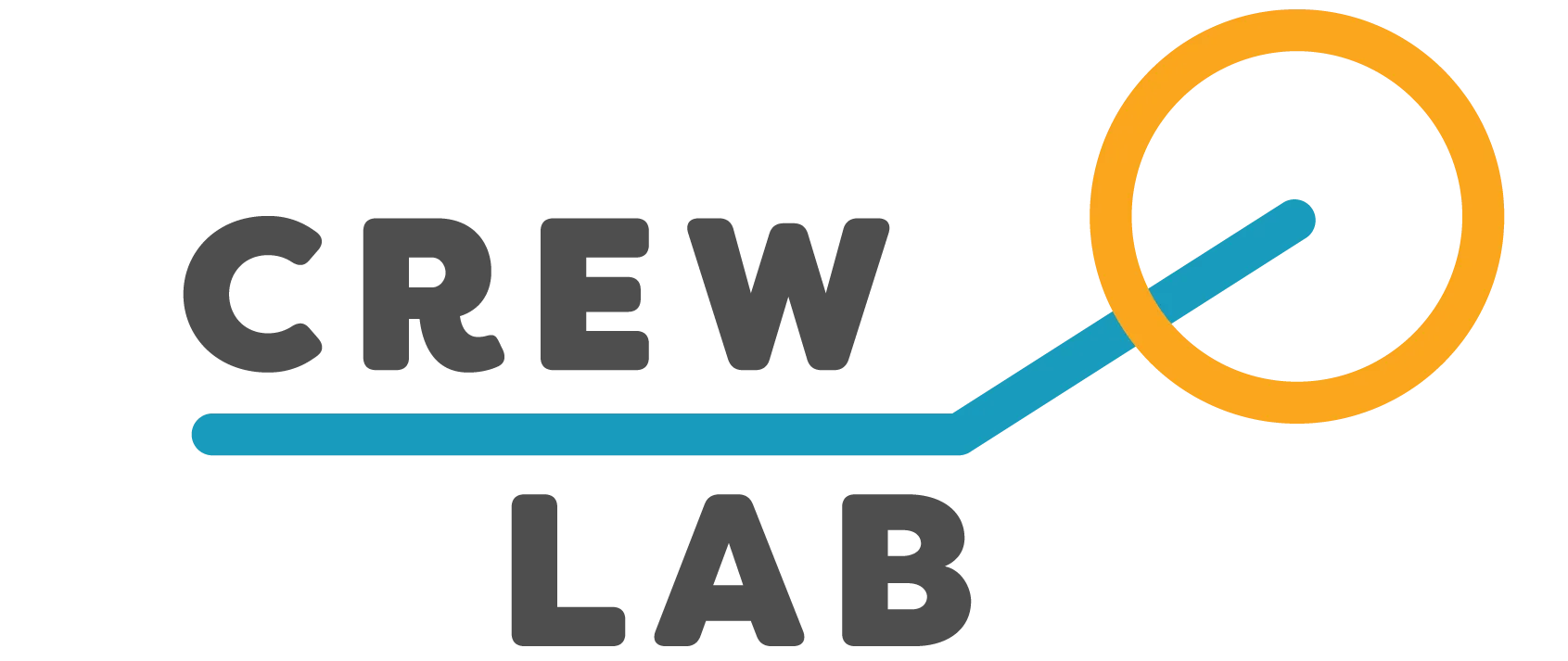The Daily Check-In is a brief questionnaire that helps you reflect upon and share how you’re doing each day. It gives you and your Coaches essential insights into your well-being that might otherwise go unnoticed.
Checking in consistently helps track patterns in your well-being that impact performance, communication, and readiness to train. This builds personal awareness and make it easier to plan for progress, get support when needed, and recognize when your teammates may need support.
How to Complete Your Daily Check-In
Simply make a selection for each of the questions you are prompted with upon logging into CrewLAB each day, no writing required.
Don’t worry if you missed your initial check-in. You’ll find a button to catch up at the top of your Home tab. During campaigns like the Winter Wipeout and Summer Smasher, swipe through your feed to locate the check-in card.
Analyzing Daily Check-In Data
After submitting, you can view Daily Check-In data in Analytics under Daily Check-In. You’ll see Mood/Sleep trend graphs and pie charts and a table of what was submitted for individual Daily Check-Ins.
Frequently Asked Questions
Who should complete Daily Check-Ins?
Every Team Member should complete Daily Check-Ins, as they are relevant not only to individual well-being and performance, but the ability to show up for teammates and contribute to team culture.
Do I have to complete a Daily Check-In every day?
You will be prompted to complete one every day, and the more consistent you are, the more meaningful the patterns become.
Who can see my Daily Check-Ins?
Coaches can see Daily Check-Ins for all Team Members, but Athletes and Captains can only see their own data.
What are Wins for?
Wins are simple personal habits that form the backbone of well-being. Tending to these fundamentals cultivates progress, performance, accountability, social connection, and team culture.
How do Daily Check-Ins relate to performance and Load Management?
Mood and sleep contribute to readiness. Knowing them helps explain fluctuations in progress and performance. Vice versa, readiness zone can influence mood and sleep; too long in the Danger Zone or in the Losing Fitness zone are likely to impact well-being.
